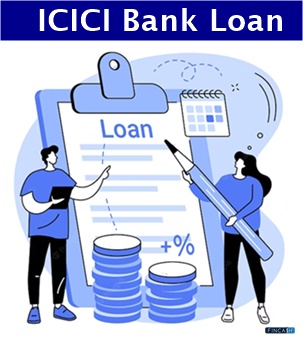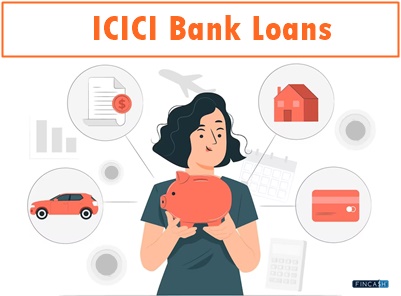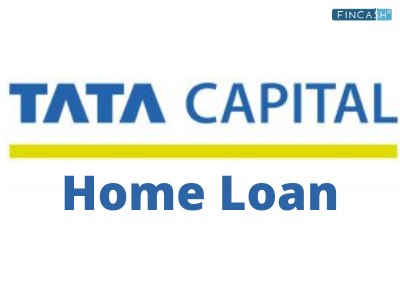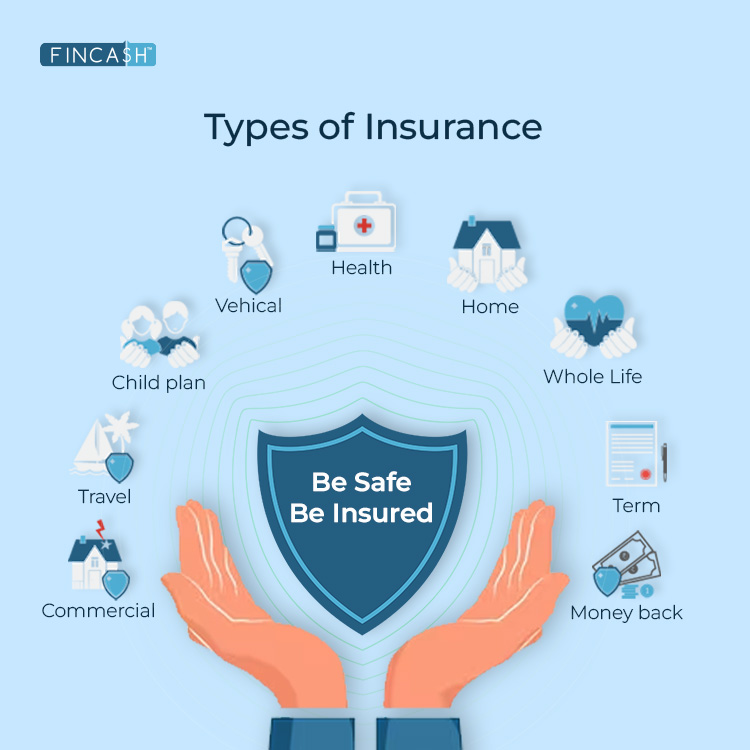
Table of Contents
A Detailed Guide on Unsecured Business Loan
Unsecured business loan is a type of specialized business loan that gets issued as well as supported by the overall creditworthiness of the borrower –instead of any type of Collateral. Unsecured loans are also referred to as personal loans or signature loans. These get approved without the utilization of property or any other asset in the form of collateral. The terms regarding such loans –including both Receipt and approval, are thus most frequently contingent on the overall Credit Score of the borrower.

Usually, borrowers are expected to have a higher credit score in order to receive approval for specific unsecured loans. A credit score serves to be a numerical representation of the overall ability of the borrower to pay back debt while reflecting the overall creditworthiness of the borrower depending on the credit history.
Secured Vs Unsecured Business Loan
An unsecured loan for business is known to stand as contrasting to the meaning of the secured loan. In the scenario of a secured loan, the borrower is known to pledge some specific type of asset to serve as the collateral for the given loan. The pledged assets tend to increase the overall security of the lender for Offering the loan. As unsecured loans are not backed by proper pledged assets, these are known to be riskier for the lenders. This is the reason why these are available with a higher rate of interest.
Unsecured loans for businesses demands for higher credit scores in comparison to secured loans. In some cases, the lenders are known to allow the respective loan applicants with the lack of sufficient credit for providing the cosigner. The cosigner can take on the legal Obligation of fulfilling the debt in case the borrower would Default. This is known to occur when the borrower tends to Fail at repaying the interest as well as principal payments of the debt or loan.
Talk to our investment specialist
Top Banks in India Offering Unsecured Loans
There are many leading lenders offering unsecured loans to the customers with hassle-free paperwork and flexible repayment option.
Let’s take a look at some of the top banks in India who provide unsecured loans-
| Lenders | Interest Rate | Minimum Loan Amount | Maximum Loan Amount |
|---|---|---|---|
| ICICI Bank | 11.25 percent onwards | Rs. 50,000 | Rs. 20 Lakh |
| HDFC Bank | 11.25 -21.50 percent onwards | Rs. 50,000 | Rs. 40 Lakh |
| Yes Bank | 10.75 percent onwards | Rs. 1 Lakh | Rs. 40 Lakh |
| IDFC First | 12 percent onwards | Rs. 1 Lakh | Rs. 25 Lakh |
Types of Unsecured Business Loans
Unsecured loans for businesses are of different types. All of the types of unsecured loans could be term or revolving loans. Some of the common types are:
Revolving loan- A revolving loan serves to be a type of loan featuring a Credit Limit that could be repaid, spent, or spent again. Some of the instances with respect to revolving unsecured loans for businesses including personal lines of credit and credit cards.
Term loan - In contrast, term loans can be referred to as the type of loan that the borrower is responsible for repaying in equal installments until the entire loan gets paid off at the term’s end. While the given types of loans are mostly affiliated with the help of secured loans, these are also regarded as unsecured term loans.
Consolidation loan- It is utilized for paying off a signature loan or credit cards from the bank. This is referred to as an unsecured type of loan.
There is the presence of abundant data that helps in suggesting that the overall Market for unsecured loans for businesses is growing at a rapid rate. This is also powered partially by the advancement of all-new financial technology. The past decade has observed the overall rise of P2P (Peer to Peer) lending via mobile and online lenders, which is overall making easy for people to opt for unsecured loans.
Special Considerations for Unsecured Business Loan
If the borrower would default on some secured loan, the lender is allowed to repossess the collateral for recouping the losses. A quite contrast to this, if the borrower would default on some unsecured loan, the lender is not allowed to claim any property. However, the lender is capable of taking other actions as well –like to commission the collection agency for collecting the debt or asking the borrower to come to the court.
All efforts have been made to ensure the information provided here is accurate. However, no guarantees are made regarding correctness of data. Please verify with scheme information document before making any investment.












